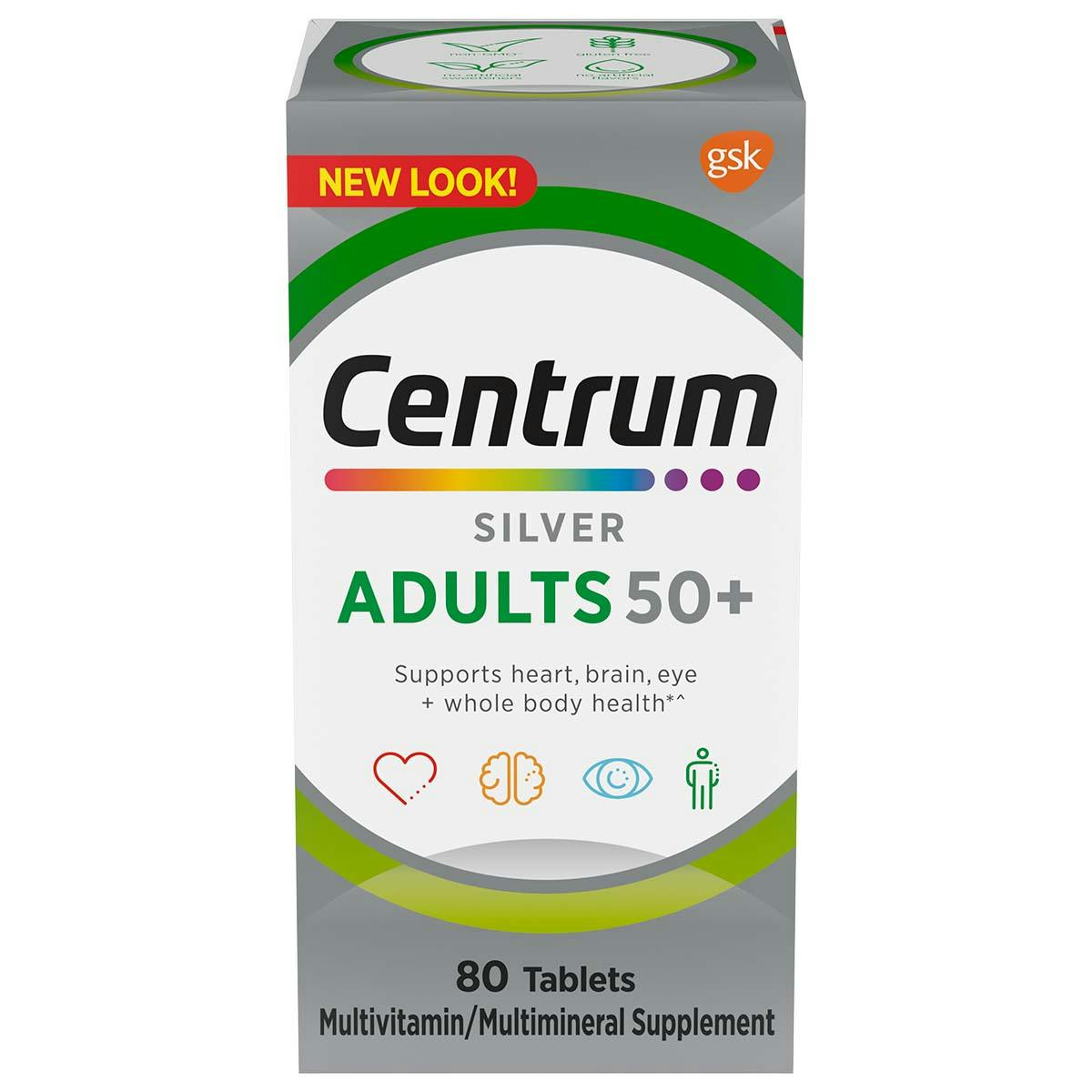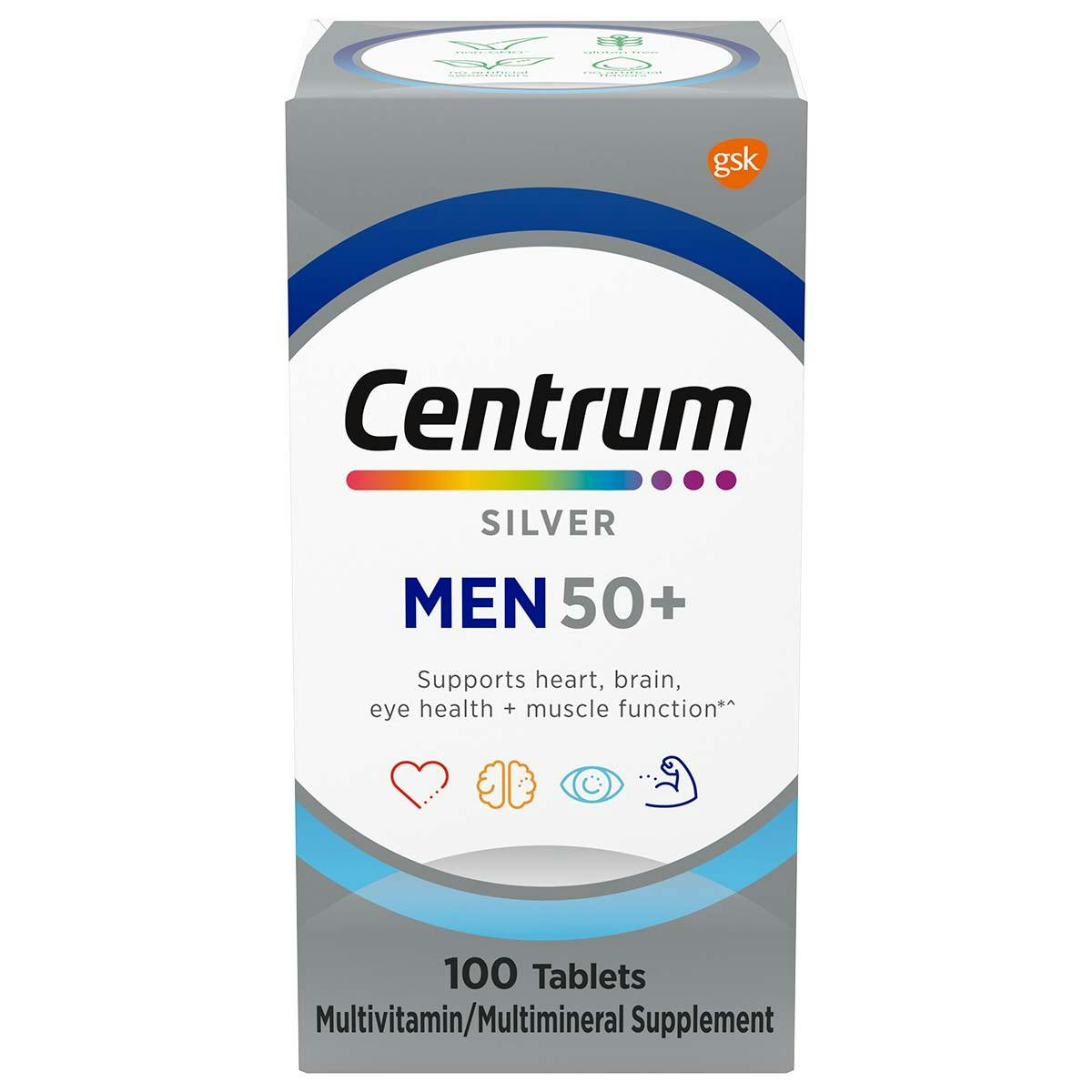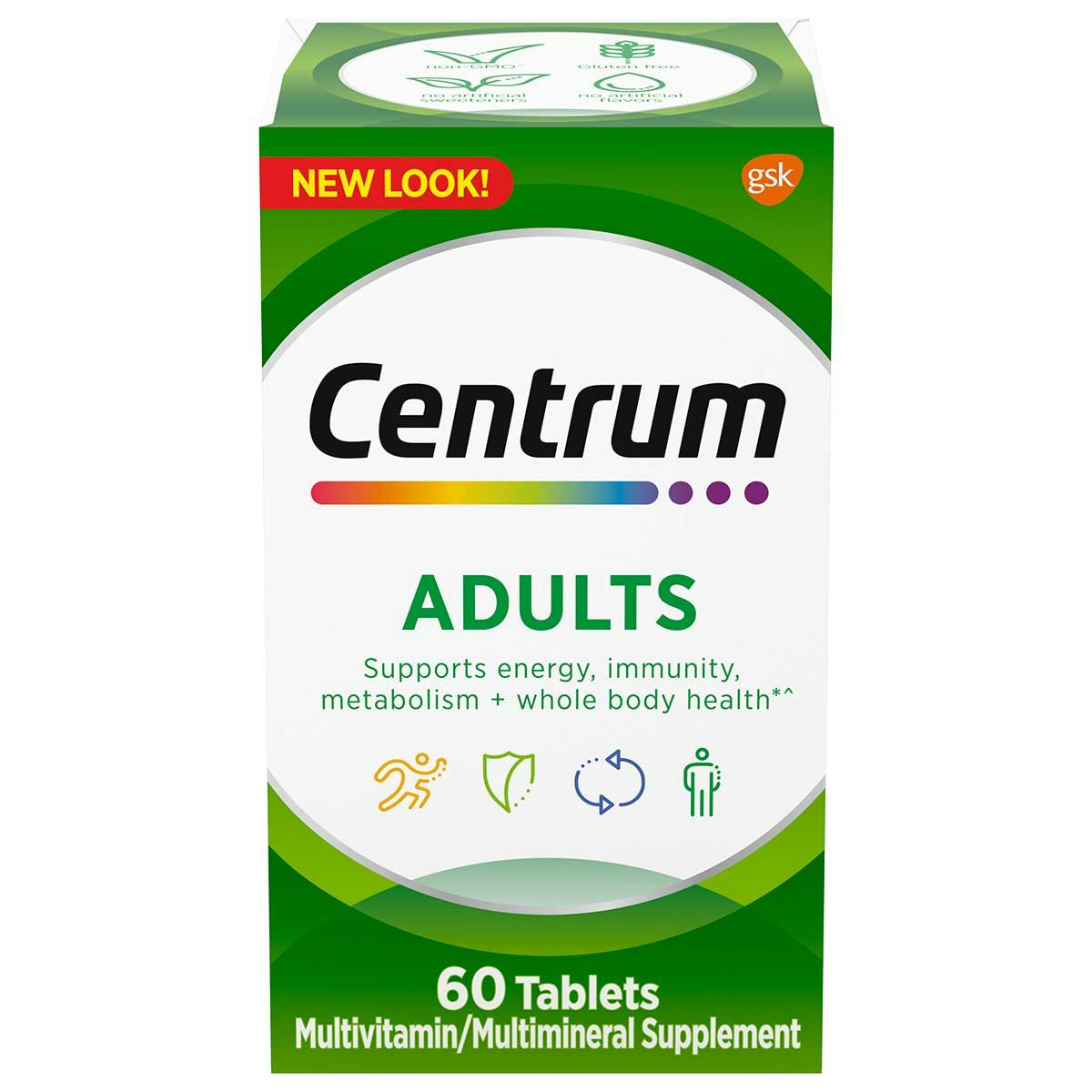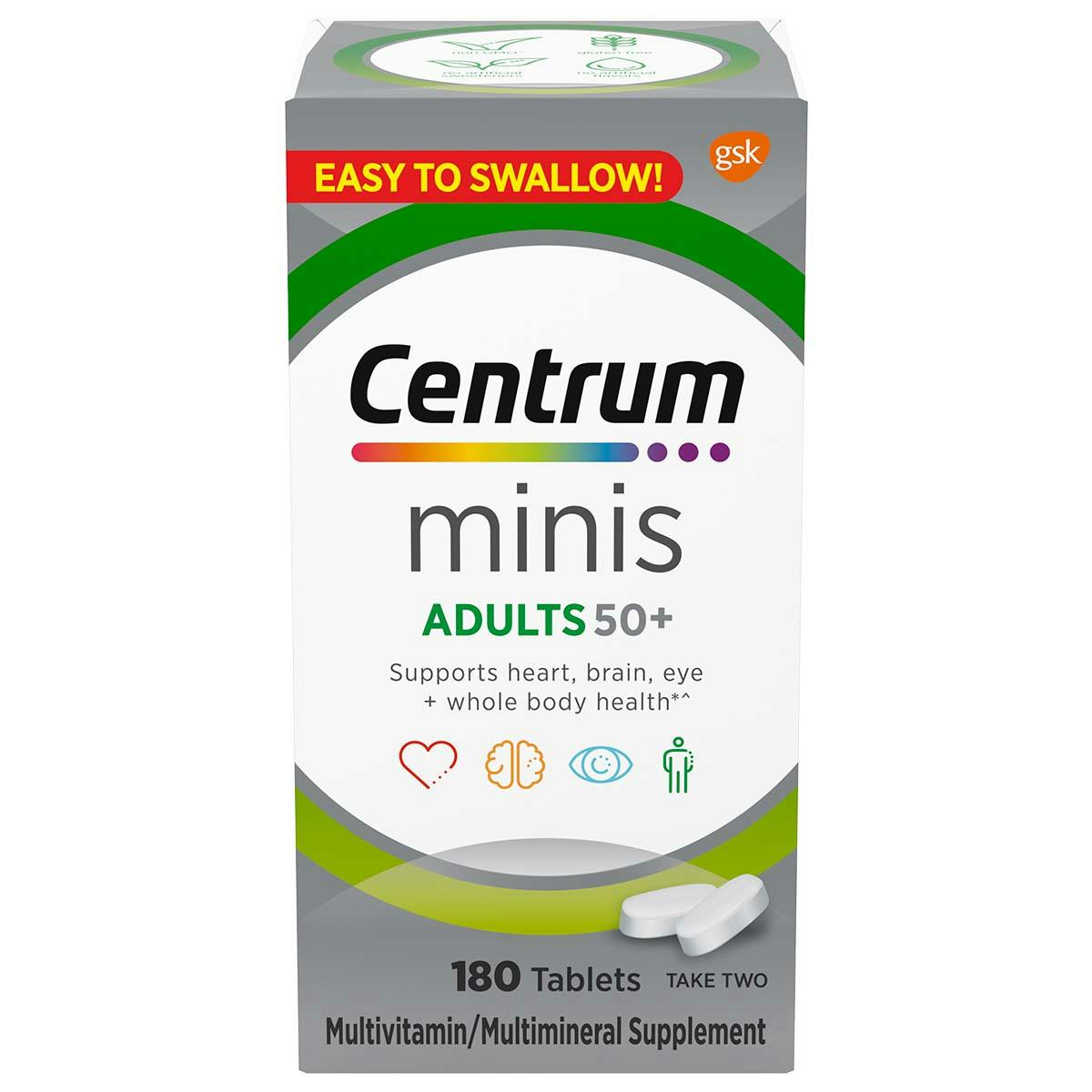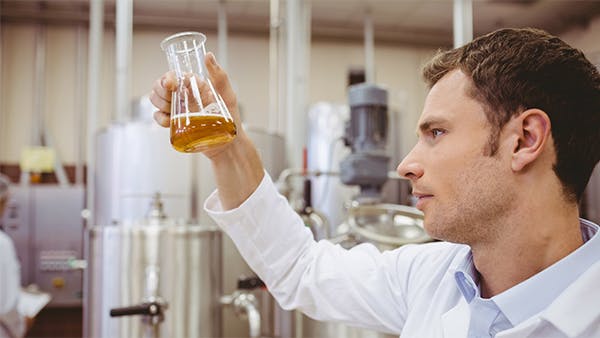Niacin (Vitamin B3)
A B vitamin critical for converting proteins, fats, and carbohydrates into energy that cells can use.

What is Niacin?
Niacin, also called vitamin B3, is a big shot when it comes to energy and metabolism.* It’s essential for converting proteins, fats, and carbohydrates into fuel that cells can use. Niacin is also needed to make fatty acids, cholesterol, and other “macronutrients.”*
The body can manufacture niacin from the amino acid tryptophan, found in meat, poultry and fish. Niacin’s RDA is measured in niacin equivalents (NE), to indicate that tryptophan is an acceptable source of niacin: 1 mg of niacin is equal to 60 mg of tryptophan. Making niacin is a group effort. Niacin synthesis requires the contributions from vitamin B6 and riboflavin (vitamin B2), as well as an enzyme that contains iron. Inadequate intake of iron, riboflavin, or vitamin B6 decreases the body’s ability to produce niacin from tryptophan.*

Why is Niacin Important?
Enzymes incite chemical reactions in the body and niacin is a component in about 200 enzymes, which paints a clear picture of just how important this B vitamin is to your life.*
Recommended Dietary Allowance (NE[1])
Sources of Niacin

Chicken Breast

Marinara Sauce

Salmon
Niacin Helps Support
Recommended Articles
Explore Additional Vitamins & Minerals
*This statement has not been evaluated by the Food and Drug Administration. This product is not intended to diagnose, treat, cure, or prevent any disease.
1. Niacin equivalents (1 mg of niacin = 60 mg of tryptophan) Return to reference





